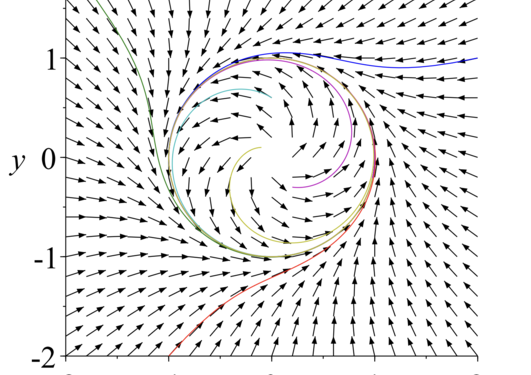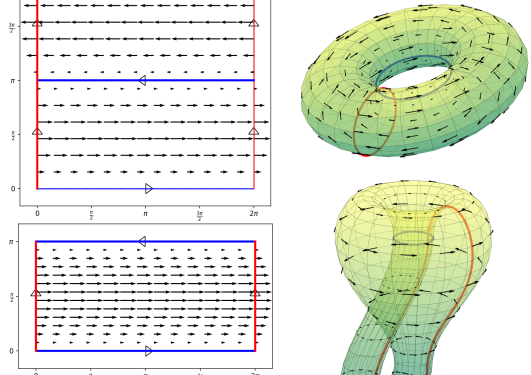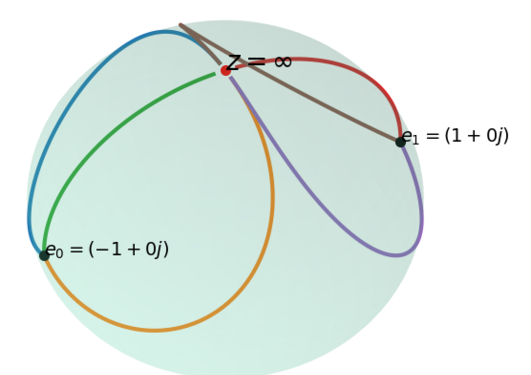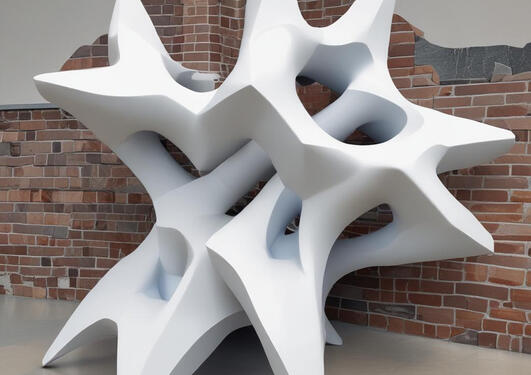The Hodge Decomposition Theorem and de Rham Cohomology
Håkon Lillerødvann Strandjord, Master Student @ Department of Mathematics, UiB

Main content
Speaker: Håkon Lillerødvann Strandjord, Master Student @ Department of Mathematics, UiB
Abstract: Given a differentiable manifold M one can define the "exterior p-bundle" of M. The space of smooth sections that are smooth p-forms on M, is denoted by E^{p}(M). E^{p}(M) has a certain orthogonal decomposition - known as the Hodge decomposition - related to the Laplace-Beltrami operator. The Hodge decomposition gives a necessary and sufficient condition for the existence of unique solutions to the Poisson equation for smooth p-forms. If M is a compact oriented Riemannian manifold of dimension n, then the space E^{p}(M) endowed with the L^{2} product gives rise to the de Rham cohomology theory of M, such as Poincaré duality and an isomorphism between the p-th cohomology group of M and harmonic p-forms.
In the talk we give the necessary background to go through the ideas of the proof of the Hodge decomposition theorem. If time allows, we will explain the isomorphism between harmonic p-forms and p-th de Rham cohomology group including the Poincaré duality.



